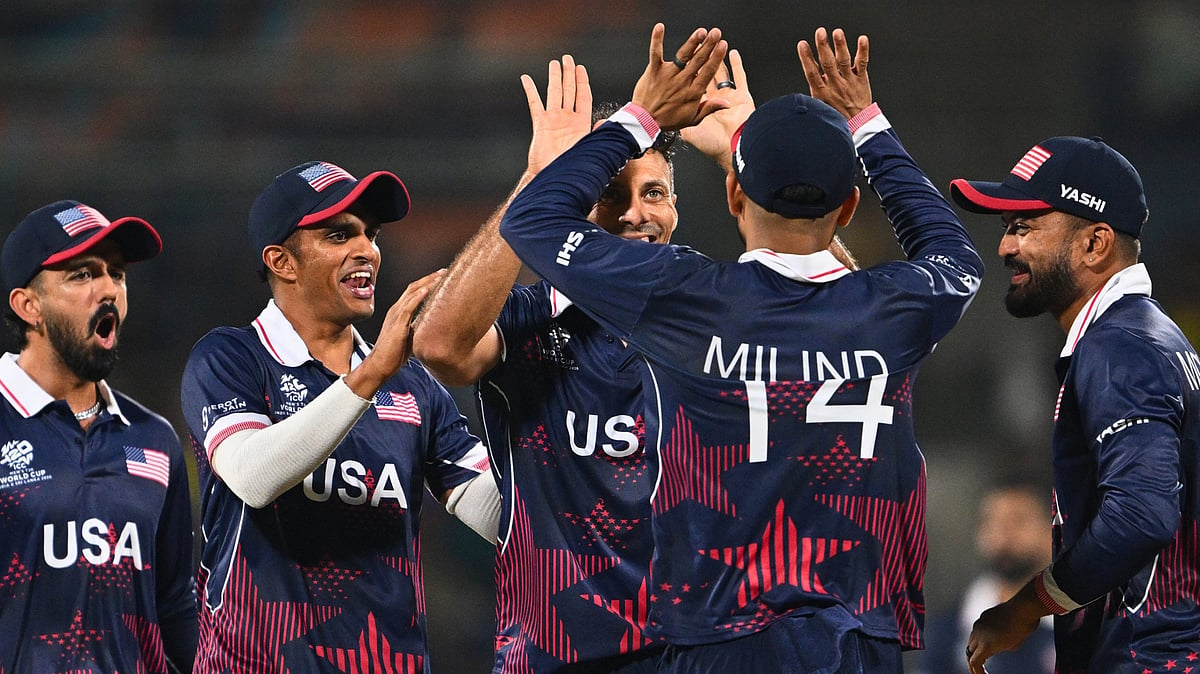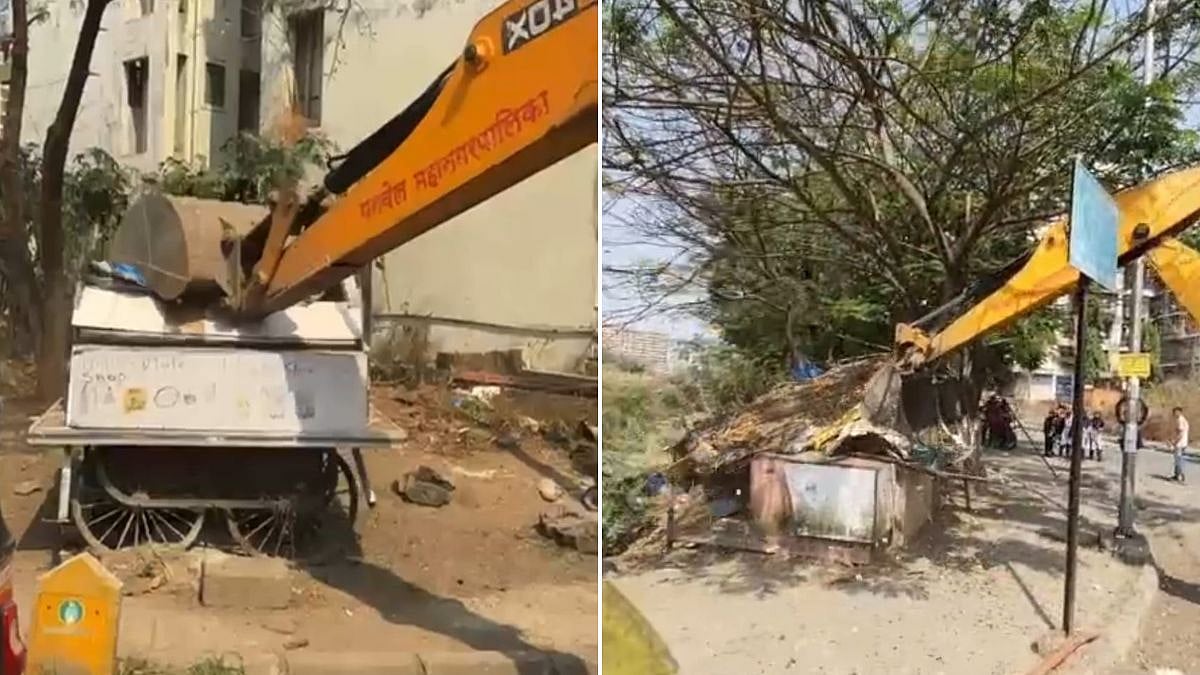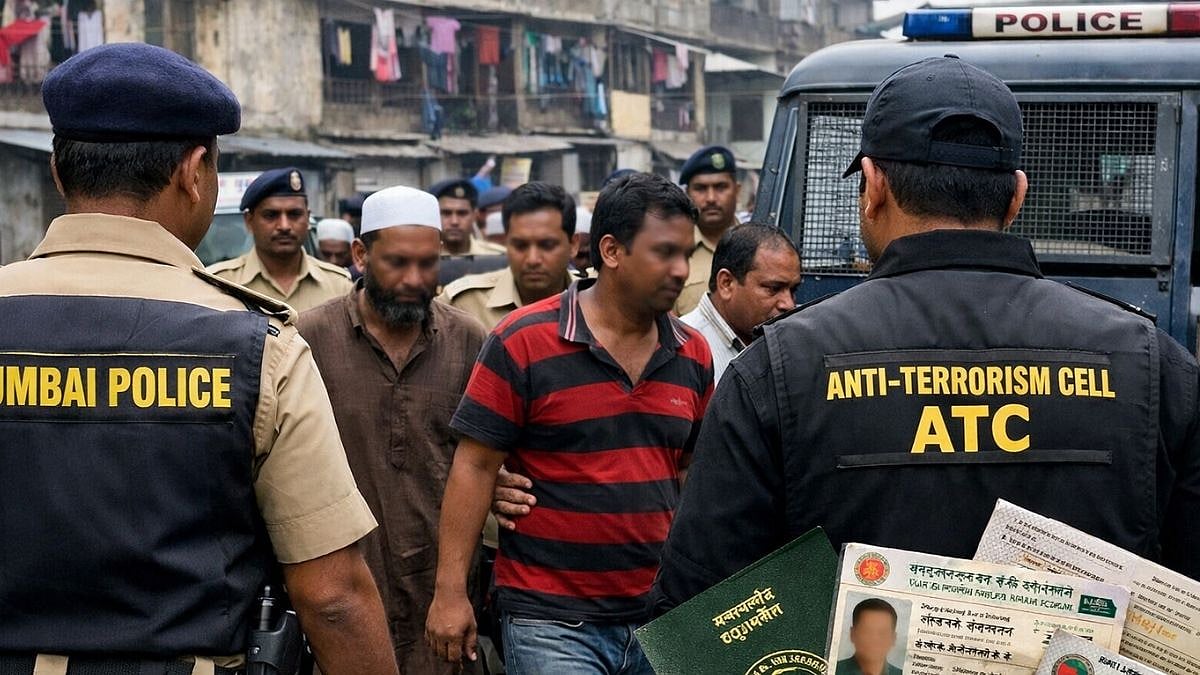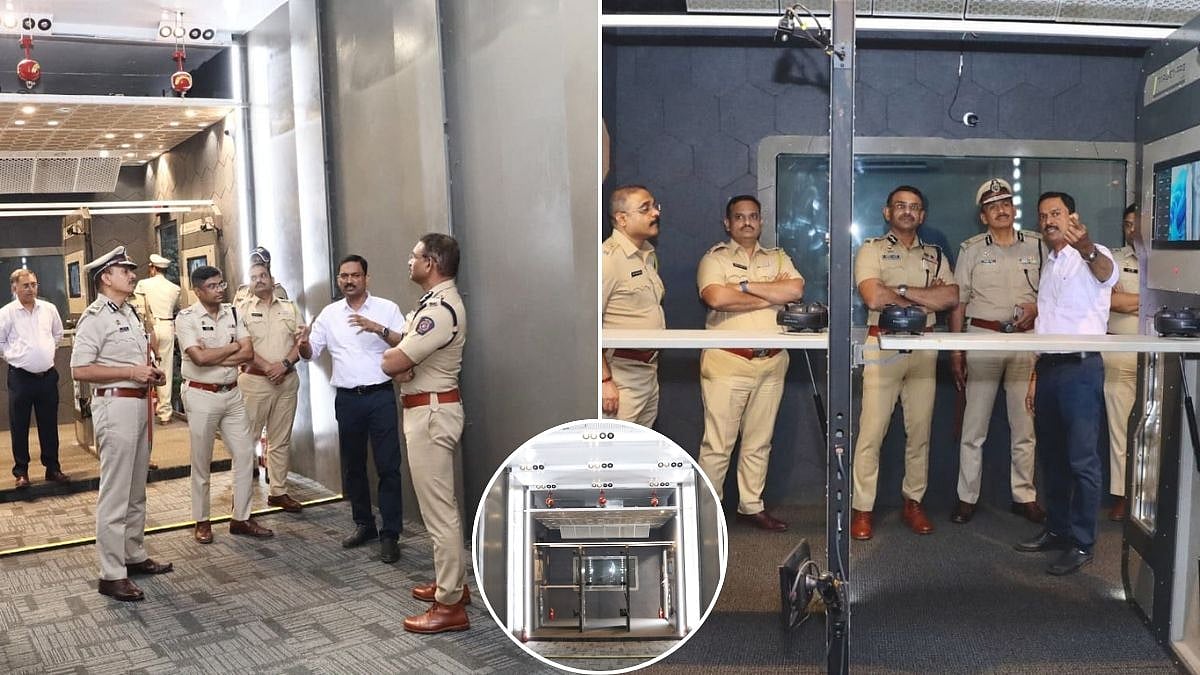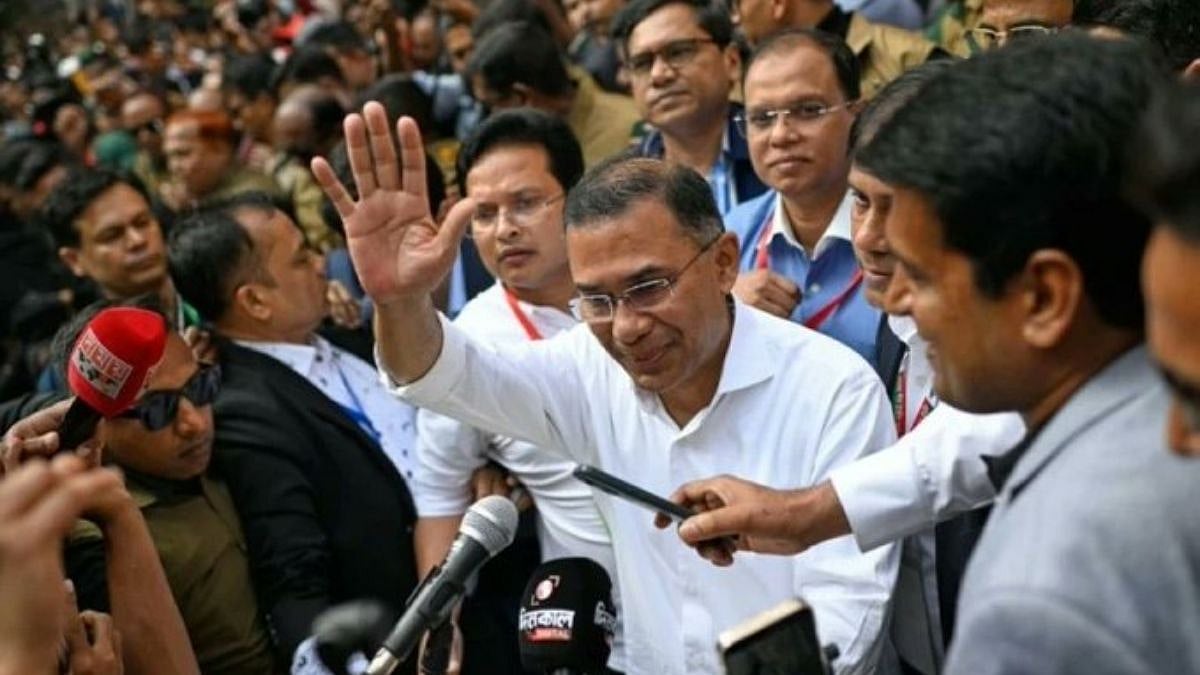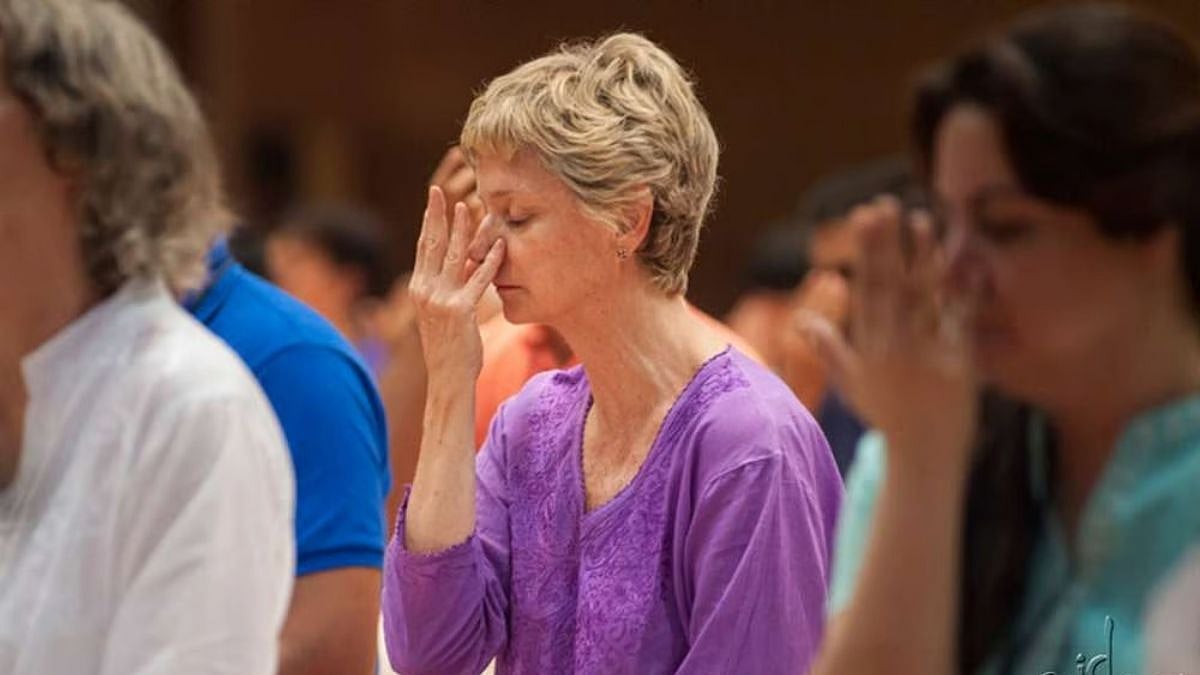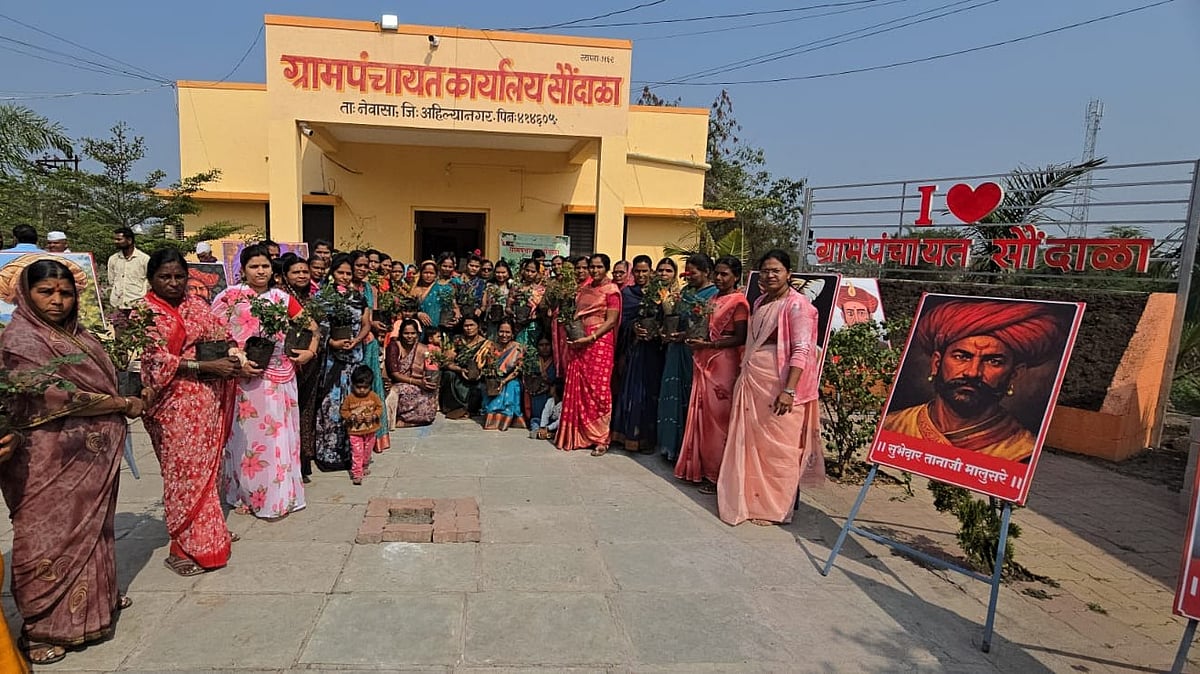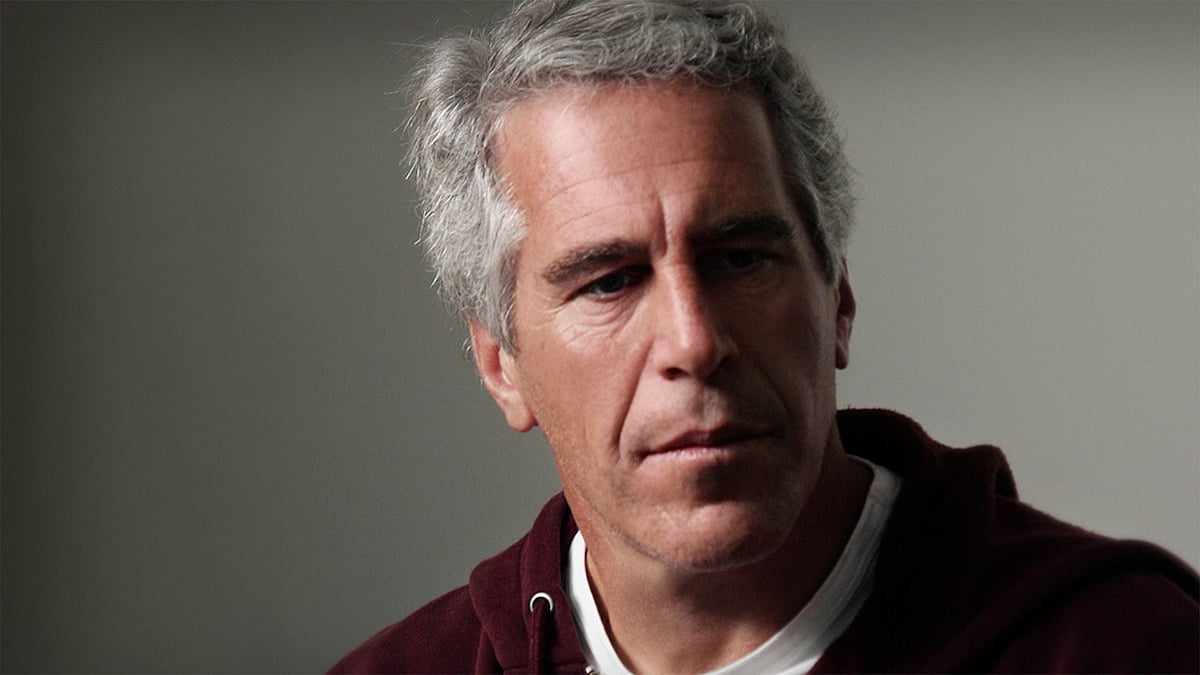There was some welcome plain speaking at the recently concluded meeting of the Shanghai Cooperation Organisation in Samarkand, Uzbekistan. Unusual for such summitry where leaders hedge their words, masking real intentions behind thick layers of diplomatese, the Indian prime minister virtually called upon Russian autocrat Vladimir Putin to call off the invasion of Ukraine. When PM Narendra Modi in a one-to-one meeting with Mr Putin told him that “today’s era is not an era of war” nothing was left to speculate. Clearly, he was referring to the Russian attack against its much smaller neighbour. The bitter counsel from a country which was among the very few to have declined to join the US-led condemnation of the war in the UN, despite immense pressure, might have hurt the Russian leader all the more.
Mr Modi’s words came just when the news from the war front was bad for Russia, with the Ukrainian forces driving out the enemy from a vast swathe of area seized by it earlier. Mr Putin was also on the defensive regarding Ukraine with the Chinese President Xi Jinping, who asked some inconvenient questions in a meeting. Mr Putin referred to them as “some concerns”, offering to address them soon. Unlike Mr Xi, who had earlier endorsed the Russian invasion when first launched in February, India’s stand has all along been more nuanced. The same was reiterated by the prime minister in his bilateral with Mr Putin and at the SCO summit meeting as well. India advised all parties to heed the UN charter, which demands respect for independent member-states’ sovereignty and territorial integrity. The SCO, a body dominated by the Eurasian nation-states which western leaders believe was created by China in 2001 to counter their own multilateral institutions, was further expanded with India and Pakistan joining in 2017 as full members. Under the surface it is not hard to notice rivalries between Russia and China, with the latter trying to win over various former Soviet Republics with its superior money power. Mr Xi’s signature Belt and Road Initiative has found acceptability in a number of central Asian countries. A pipeline to deliver hydrocarbons from these nations to China is in the works. Though Mr Putin needs China all the more now following his near-total isolation after the invasion of Ukraine, and the resulting western sanctions, he cannot be unmindful of the Chinese hesitation lest aiding Russia’s war attract punitive sanctions against it as well. Both China and India have imported far more crude oil from Russia after the stringent sanctions than the two countries did at any time before. Russia, virtually a pariah in the Western bloc, is offering crude oil at a substantial discount on global prices to both China and India.
However, a remarkable success of the deft diplomacy by New Delhi lies in the fact that after initial annoyance the US and other Western nations seem to have fully taken on board the Indian concerns, allowing it to navigate smoothly between the two diametrically opposite positions. Meanwhile, the much speculated meeting between Mr Modi and Mr Xi on the sidelines of the summit failed to materialise. Hopes of a further rapprochement were raised by the partial withdrawal of troops by China and India on the Line of Actual Control in Ladakh on the very eve of the summit. The two leaders however posed together for photographs, though, it was noticed, they did not shake hands. Nonetheless the Chinese leader congratulated Mr Modi on India assuming the SCO presidency. In a bid to promote tourism in member-states, Varanasi was designated the Tourism and Cultural Capital for 2022-23. The Samarkand declaration issued after the one-day meeting pointedly skipped referring to the UN Charter and its objectives, a departure from the Indian position regard to the war in Ukraine. Mr Xi’s first visit abroad after the Covid pandemic came weeks before the all-important meeting of the Chinese Communist Party where he expects to get a formal approval for an unprecedented third term as the undisputed leader of China. Such summitry is often as much for renewing global contacts as it is for influencing domestic audiences. By underlining his concerns about Mr Putin’s war against Ukraine, Mr Xi would hope to have carved out an independent stance, though Taiwan will remind him to try and keep Mr Putin and a few other central Asian nations in his corner, should post-Pelosi tensions escalate into a more serious conflict.

